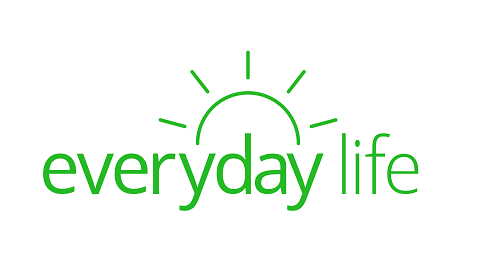Group life insurance is a benefit offered by groups to their members — most commonly by employers to their workers.
With a group life insurance policy, the insurance contract is between the group and the insurance company, and the participating group members receive certificates of coverage.
More than half of life insurance policies is group coverage.
“If your employer offers group life insurance for free, even if it’s a small amount, go ahead and take it. This doesn’t affect whether you can get additional life insurance elsewhere, so there’s no real reason not to take advantage of this,” said Chane Steiner, CEO of Crediful.
What is group life insurance?
Group life insurance is employer-sponsored coverage. Like an individual policy, it provides financial protection if the covered individual dies. It often has a relatively low coverage amount and should supplement an individual life insurance policy.
Group life insurance can be an important part of an overall financial security plan.
How does group life insurance work?
Group life insurance policies are offered by employers as part of an employee benefits package. Your employer will cover a part of the cost associated with providing these policies to their employees. The insurance coverage limit is usually up to $50,000 or one or two times your annual salary.
Typically an employer-sponsored group policy is term life insurance. The coverage ends when you leave the company. Your group life insurance benefits can also end if the employer decides to terminate the policy to cut costs.
If you leave your job, you might be able to convert your company’s life insurance policy into an individual one. But it might cost more money to do that than to get a new life insurance policy.
Benefits of group life insurance
Here are some of the benefits of group life insurance:
- It’s easy to qualify for coverage. Unlike an individual life insurance policy, where you might be rejected, group life coverage is guaranteed and there are no medical questions. The insurer bases the premium on the risk of the group as a whole and considers such factors as the ratio of women to men, members’ ages and the kind of work they perform.
- When offered as part of a basic benefits package, the coverage is often free to the employee, with higher levels of coverage available at group rates.
Free life insurance is a great deal but think of group life as a supplement versus a replacement for an individual life insurance policy. Experts generally advise against relying solely on employer-provided group life for protection because you don’t control the policy; the employer does.
How much does group life insurance cost?
The amount of money you will have to pay for group life insurance depends on the company or organization that is in charge of your policy. You may need to pay some of the cost yourself, or it may be completely free.
It is usually cheaper to get a life insurance policy through your employer than to buy the same policy benefits by yourself.
What is supplemental group life insurance?
Supplemental group life insurance or voluntary insurance is additional coverage that you can get through your employer. You pay the premium for the additional coverage at the group rate, but you may need to answer health questions.
The voluntary coverage you buy through the group may be portable, meaning you continue it after you leave the company. Make sure you check with your benefits administrator on the portability of the voluntary coverage if this is of interest.
How to get supplemental life insurance
To buy the additional insurance, you may have to fill out a brief questionnaire about your medical history. And you might have to undergo an exam if the answers reveal any serious health problems. But generally, you won’t have to supply as much health information for the group coverage as you would when buying an individual policy.
That could be an important advantage if you have a health condition that makes qualifying for an individual life policy challenging.
Group vs. individual life insurance
Group life insurance is a great deal, but given its limited coverage, you will also need an individual policy to be sure your loved ones are fully protected should the unthinkable happen.
If you’re young and healthy, and your “group” tends to be older, you might find a better deal shopping for an individual policy that requires you to disclose health information and undergo a life insurance medical exam.
Nonsmokers in excellent health with no other risk factors, such as a family member who died from heart disease before age 60, generally qualify for preferred select rates. Also called preferred plus, super preferred or preferred elite, those are the very best rates and may be lower than those offered through the group.
Another advantage of individual term life insurance is you can lock in the rate for 15, 20 or even 30 years. With a group life policy, your premium may increase as you age.
Before you opt for additional group coverage, get quotes for a comparable individual life insurance policy to compare rates. If you do buy life insurance through the group, make sure it’s enough to cover your family’s needs.
Is group life insurance worth it?
“Group life insurance makes sense if you’re going to stay with your job for most of your life. This is becoming less the case, so getting insurance through your employer might be immediately convenient, but not in the long term,” Steiner said.
One way to figure out how much life insurance you need is by using Insure.com’s life insurance calculator, which helps you decide how much coverage you need and what type.
Our insurance advisor tool will give you recommendations regarding any gaps in your coverage and what actions you need to take to ensure sufficient coverage to better protect you and your loved ones. Insure.com’s annual survey of customers also ranks the best life insurance companies on value, customer service and renewal recommendations.










